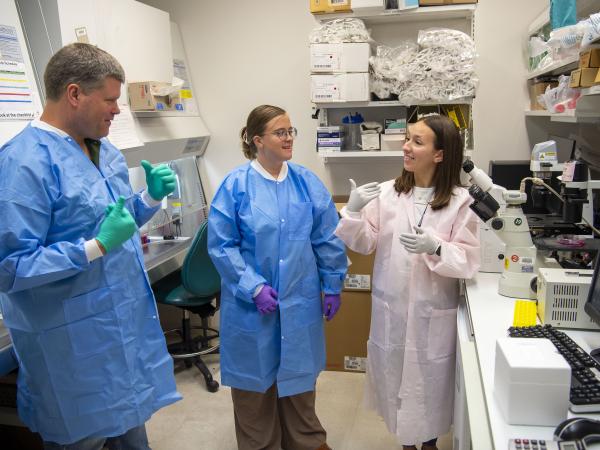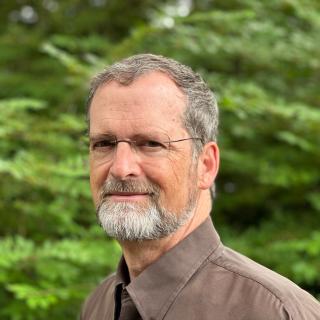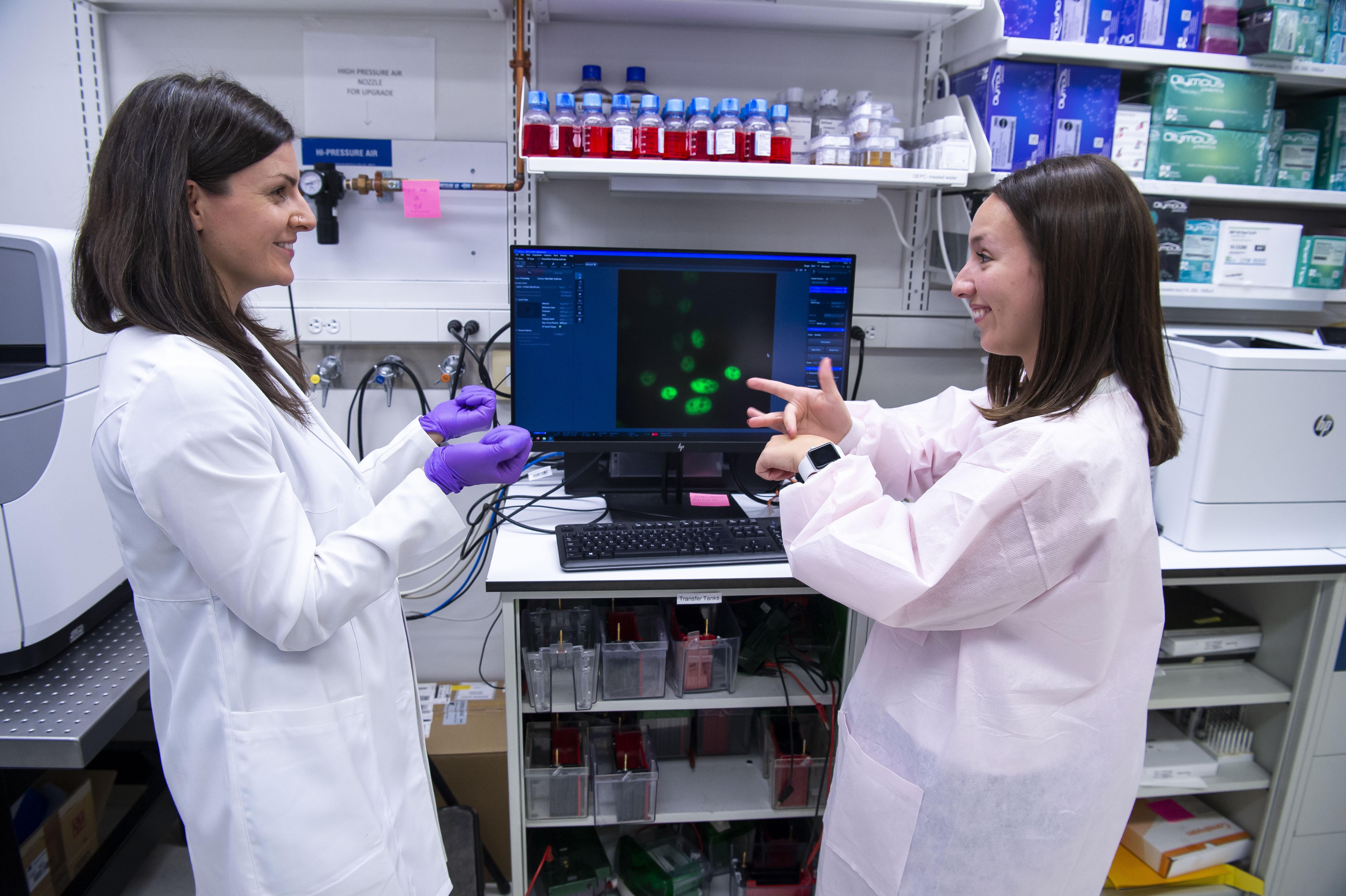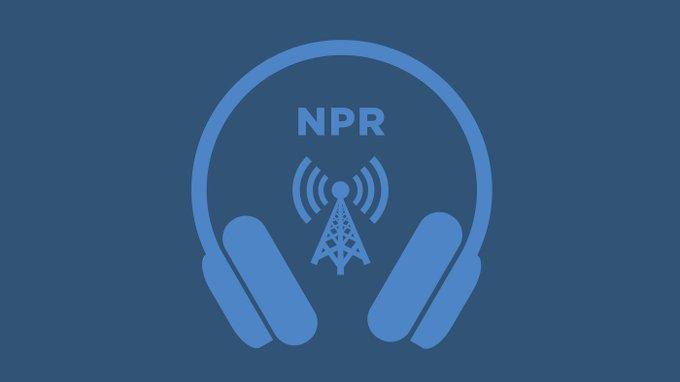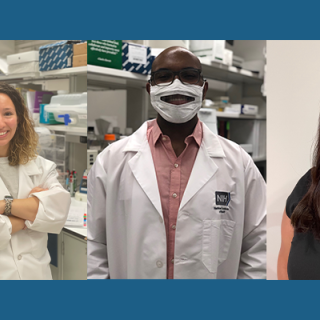The Deaf Scientist Opportunities initiative was established by Dr. Peter Blumberg in 2001 after he worked with deaf postbaccalaureate fellows in his laboratory and realized there were insufficient opportunities for deaf people to gain experience and training in biomedical research. After Dr. Blumberg retired, Dr. Kent Hunter continued this effort by welcoming deaf fellows into his own laboratory. Many alumni have gone on to medical school, graduate school or careers in the science, technology, engineering and math (STEM) fields. This initiative in the Laboratory of Cancer Biology and Genetics (LCBG) provides deaf trainees with an opportunity to gain real-life experience in biomedical research before pursuing a STEM career.
In the postbaccalaureate fellowship, trainees attend a variety of meetings, including lab meetings and seminars, learn about different career opportunities and learn the skills required to design experiments and interpret results, both independently and collaboratively. Trainees are paired with a mentor to support their lab work and career development, and deaf trainees also benefit from the inclusion of qualified on-site scientific interpreters.
Contact
Interested applicants should contact Kent Hunter to apply for a postbaccalaureate fellow position in his laboratory.
Communication barriers for a Deaf PhD student meant risking burnout
Megan Majocha is gearing up to complete her Ph.D. But developing a sign language lexicon to help her succeed took an immense toll during her scientific research. Read More
Megan is featured in this NPR piece on scientists and researchers who are trying to make American Sign Language more STEM-inclusive. Read More
